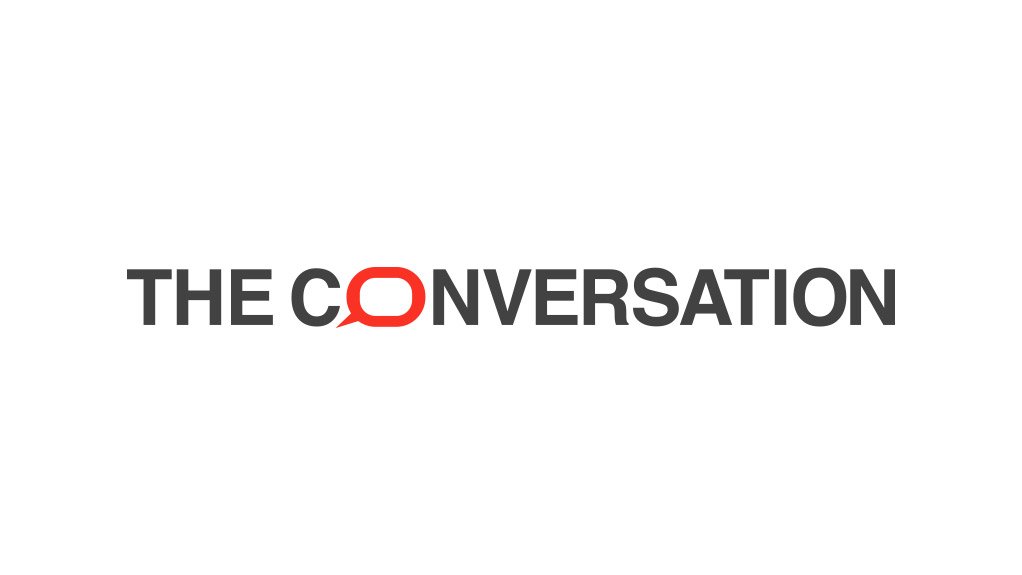![]() The introduction of the controversial “Patriotic Act” in Zimbabwe will contribute to the erosion of political and civil liberties in a country that has been in the grip of one political party since independence in 1980.
The introduction of the controversial “Patriotic Act” in Zimbabwe will contribute to the erosion of political and civil liberties in a country that has been in the grip of one political party since independence in 1980.
President Emmerson Mnangagwa signed the new act, officially called the Criminal Law Codification and Reform Amendment Act, 2023, into law on 14 July. His government said the law was indispensable to holding accountable those who jeopardised national interests. It allows for monitoring and suppressing of political organisations and journalists who are critical of the government.
It carries harsh sentences, including death, for acts the government deems to be “unpatriotic”.
Such a law, in a country with a history of abuses of individual freedoms, will further undermine the right to freedom of expression enshrined in the constitution.
I have researched post-liberation Zimbabwe’s political economy and noted how the ruling Zanu-PF party has become conflated with the state. The party-dominated legislature passes laws that erode political and civil liberties. The new act represents another move by the party to tighten its grip on power.
In my view, the act will enable the government to label legitimate criticism as unpatriotic behaviour. It will, for instance, penalise individuals who hold meetings with foreign diplomats.
As the French philosopher Montesquieu stated in 1742,
There is no crueller tyranny than that which is perpetrated under the shield of law and in the name of justice.
‘National interest’
Opposition activists have expressed concern that the law is designed to punish citizens, civil society organisations and political adversaries of the ruling party. Zimbabwe is due to hold general elections on 23 August. The government could launch a crackdown on dissent.
Some people see the act as a response to the sanctions the United States imposed on the Zimbabwean government in 2001 for human rights abuses. The state-owned The Herald newspaper said the law was a response to Zimbabweans who advocated for the enforcement of sanctions on Zimbabwe.
The government has exploited the sanctions as a pretext to suppress dissent and shift the blame for the country’s problems.
While the Patriotic Act amends the criminal law code to include mandatory minimum prison terms for rape sentences, it also criminalises acts it deems as
wilfully injuring sovereignty and national interests of Zimbabwe.
The problem lies in the broad definition of “national interests”. This can be manipulated to serve political agendas. It could be interpreted in a way that compromises individual freedoms and hinders government accountability. For instance, opposition activists have previously been accused of treason and unpatriotic behaviour for expressing concerns about human rights abuses in Zimbabwe at the United Nations Human Rights Commission. Using this law, individuals who express concerns about human rights abuses and corruption could be targeted for unpatriotic behaviour.
For example, the TV news network Al Jazeera recently exposed a case of gold smuggling corruption involving public officials in Zimbabwe. The revelations could potentially lead to the arrest of journalists behind the revelations.
What can be done?
The Patriotic Act contravenes Zimbabwe’s constitution, which upholds the right to freedom of expression. This fundamental right is meant to foster an environment conducive to peaceful demonstrations and the presentation of petitions.
Zimbabwe is also bound by international and regional instruments that protect freedom of expression. They include the African Charter on Human and Peoples’ Rights. The Southern African Development Community principles and guidelines governing democratic elections also emphasise the importance of freedom of expression. Zimbabwe is a member of the grouping.
Sadly, both the African Union and the Southern African Development Community have failed to prevail on Zanu-PF to uphold the human rights of Zimbabweans.
Civil society organisations need to collaborate with media outlets to show the act’s potential impact on society. That way, the public will get a broader understanding of the act’s negative effects. That might spur Zimbabweans to challenge the oppressive act, and defend their individual and collective liberties.
Social media could be pivotal in mobilising resistance to the Patriotic Act. Twitter, Facebook and WhatsApp have proven effective in disseminating information and rallying public opinion against oppression in Zimbabwe. There is also a need for active citizen participation to resist the Patriotic Act. The 2016 #ThisFlag resistance movement is an example.
But, given the Zimbabwean government’s history of repression, a stronger solution would be for citizens to use their votes in the upcoming elections in August to choose a new government that would uphold their rights and human dignity.
Written by Tinashe Sithole, Visiting Research Fellow at the Department of Politics and International Relations, University of Johannesburg
This article is republished from The Conversation under a Creative Commons license. Read the original article.
EMAIL THIS ARTICLE SAVE THIS ARTICLE ARTICLE ENQUIRY FEEDBACK
To subscribe email subscriptions@creamermedia.co.za or click here
To advertise email advertising@creamermedia.co.za or click here











